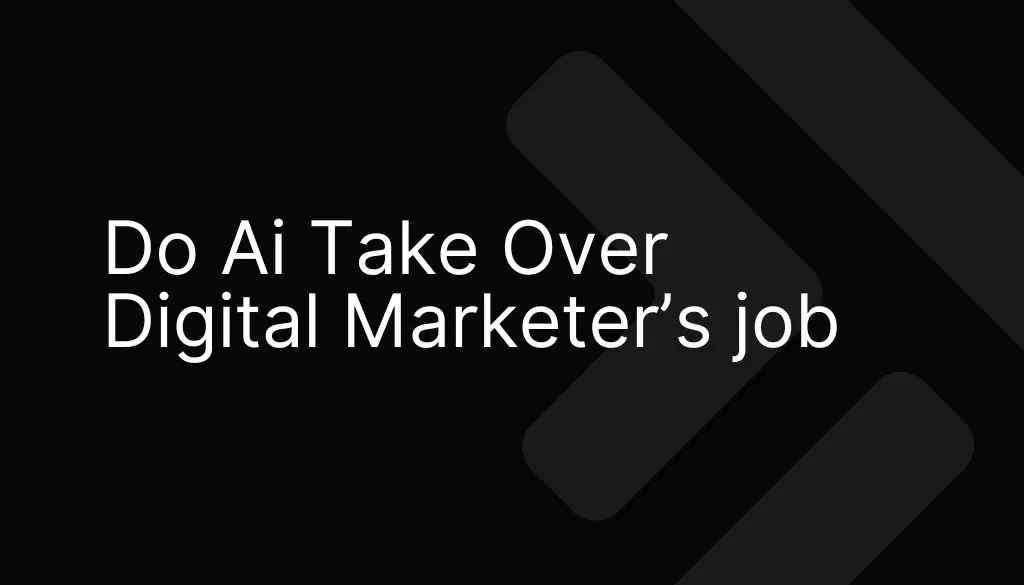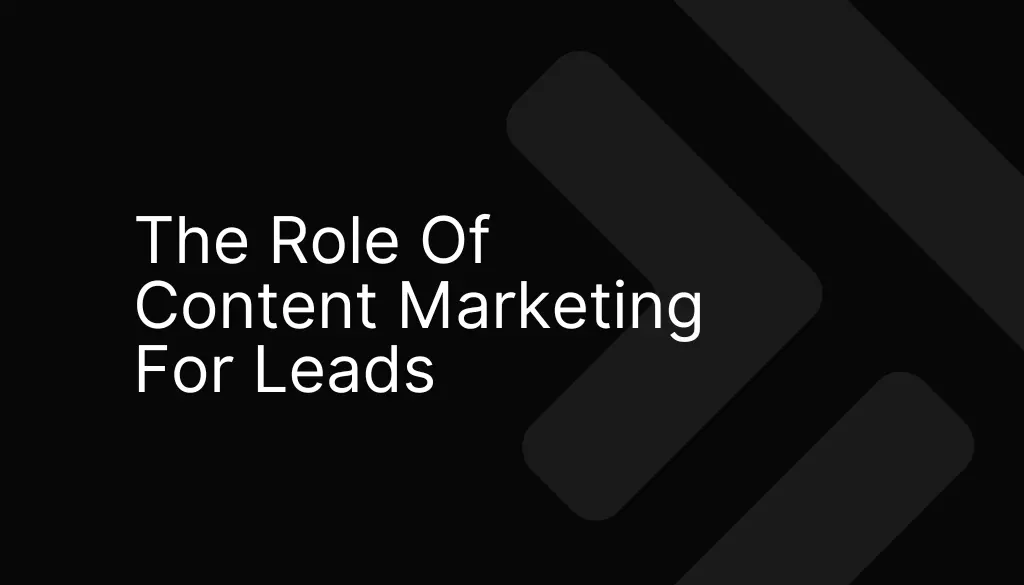The digital marketing landscape is experiencing unprecedented transformation as artificial intelligence becomes increasingly sophisticated. From automated bidding systems to AI-generated content, the technology is reshaping how brands connect with consumers. This evolution has sparked intense debate within the industry: Are digital marketers facing obsolescence, or are they simply witnessing the dawn of a new era that demands adaptation?
AI’s Current Role in Digital Marketing
Artificial intelligence has already embedded itself deeply into digital marketing operations. In data analysis, AI processes vast datasets at lightning speed, uncovering patterns and insights that would take human analysts weeks to identify. Machine learning algorithms now predict customer behavior with remarkable accuracy, enabling marketers to anticipate trends and adjust strategies proactively.
Search engine optimization has been revolutionized through AI-powered tools that analyze keyword performance, track algorithm changes, and suggest content optimizations in real-time. These systems can audit thousands of web pages simultaneously, identifying technical issues and opportunities that manual reviews might miss.
Content creation represents perhaps the most visible AI advancement. Today’s language models can generate blog posts, social media captions, email campaigns, and even video scripts. Meanwhile, AI image generators create visual content for advertisements and social media posts, dramatically reducing production timelines and costs.
Customer targeting has become increasingly precise through AI’s ability to analyze behavioral data, demographic information, and engagement patterns. These systems create detailed customer personas and predict which messages will resonate with specific audience segments, often achieving higher conversion rates than traditional targeting methods.
Marketing automation has evolved beyond simple email sequences. Modern AI systems can orchestrate complex, multi-channel campaigns that adapt in real-time based on user interactions, optimizing everything from send times to creative variations without human intervention.
The Case for AI Replacement
Proponents of AI dominance argue that technology offers undeniable advantages. AI operates 24/7 without fatigue, processes information exponentially faster than humans, and eliminates costly human errors. It can manage multiple campaigns simultaneously while continuously learning and improving performance.
Cost efficiency represents a compelling argument for AI adoption. A single AI system can potentially handle tasks previously requiring entire teams, from content creation to campaign optimization. For businesses focused on bottom-line results, this efficiency is difficult to ignore.
Furthermore, AI’s data processing capabilities far exceed human limitations. Modern marketing demands analysis of complex, multi-dimensional datasets that humans simply cannot process effectively. AI excels in this environment, making split-second optimization decisions based on comprehensive data analysis.
The Human Element: Irreplaceable Assets
However, the replacement narrative overlooks critical human capabilities that AI cannot replicate. Creativity remains fundamentally human – while AI can generate content, it lacks the intuitive understanding of cultural nuances, emotional subtleties, and brand voice that resonates authentically with audiences.
Strategic thinking represents another uniquely human strength. Digital marketing success requires understanding broader business objectives, competitive landscapes, and market dynamics. AI excels at tactical execution but struggles with strategic vision and long-term planning.
Emotional intelligence proves crucial in building genuine customer relationships. Humans understand empathy, cultural sensitivity, and the subtle art of persuasion that goes beyond data patterns. They can navigate complex client relationships, manage crises with nuance, and make judgment calls that consider ethical implications.
Moreover, AI systems require human oversight to function effectively. They need strategic direction, quality control, and continuous refinement. Without human guidance, AI can produce technically proficient but strategically misaligned results.
The Evolution, Not Extinction
Rather than replacement, the future likely holds transformation. Digital marketers are evolving into AI collaborators, leveraging technology to amplify their capabilities while focusing on higher-value activities that require human insight.
Successful marketers are already adapting by developing AI literacy, learning to work with these tools effectively, and focusing on skills that complement rather than compete with artificial intelligence. They’re becoming AI trainers, strategy directors, and creative visionaries who harness technology’s power while providing the human judgment that ensures marketing remains authentic and effective.
The most successful marketing professionals will be those who embrace AI as a powerful ally rather than a threatening competitor, using technology to eliminate mundane tasks while dedicating their energy to innovation, relationship-building, and strategic thinking that drives meaningful business results.



